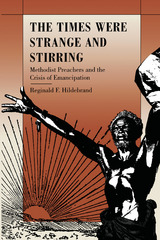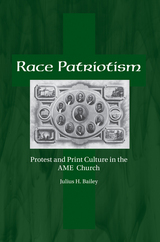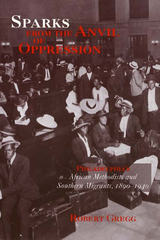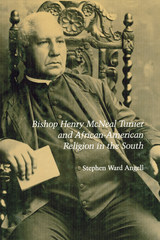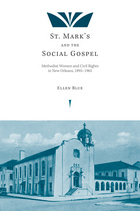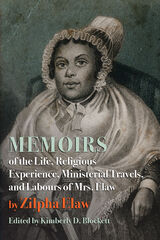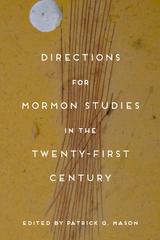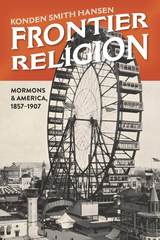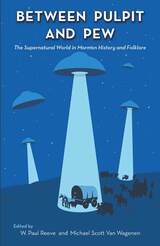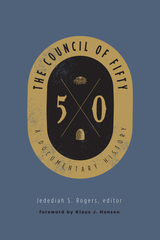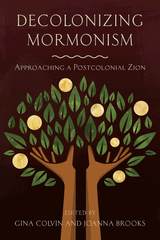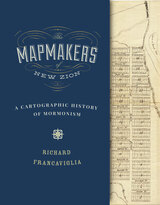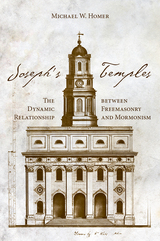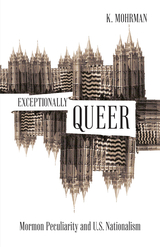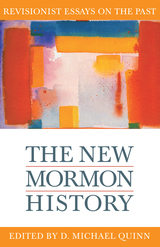Frontier Religion: Mormons and America, 1857–1907
University of Utah Press, 2019
eISBN: 978-1-60781-689-8 | Cloth: 978-1-60781-688-1
Library of Congress Classification BX8611
Dewey Decimal Classification 289.37309034
eISBN: 978-1-60781-689-8 | Cloth: 978-1-60781-688-1
Library of Congress Classification BX8611
Dewey Decimal Classification 289.37309034
ABOUT THIS BOOK | AUTHOR BIOGRAPHY | REVIEWS | TOC | REQUEST ACCESSIBLE FILE
ABOUT THIS BOOK
At the 1893 Columbian Exposition in Chicago, Mormons were deliberately excluded from one of the main attractions, the Parliament of Religions. Organizers believed that Mormonism, with its connections to polygamy, did not merit a place alongside other world religions being showcased for the similar ways in which they inspired people to follow God. At the same time, however, Americans who had long shown hatred or distrust toward their Mormon neighbors had begun to see Mormonism in a different light. Underlying this new view of Mormonism was a rapidly developing belief in America’s fading western frontier as a place linked to core American values such as self-reliance, personal freedom, and democratic rule. With a unique history intimately tied to the frontier, Mormonism began to be seen less as something outside America, and more as a faith closely associated with the country’s most important principles.
In Frontier Religion Konden Smith Hansen examines the dramatic influence these perceptions of the frontier had on Mormonism and other religions in America. Endeavoring to better understand the sway of the frontier on religion in the United States, this book follows several Mormon-American conflicts, from the Utah War and the antipolygamy crusades to the Reed Smoot hearings. The story of Mormonism’s move toward American acceptability represents a larger story of the nation’s transition to modernity and the meaning of religious pluralism. This book challenges old assumptions and provokes further study of the ever changing dialectic between society and faith.
In Frontier Religion Konden Smith Hansen examines the dramatic influence these perceptions of the frontier had on Mormonism and other religions in America. Endeavoring to better understand the sway of the frontier on religion in the United States, this book follows several Mormon-American conflicts, from the Utah War and the antipolygamy crusades to the Reed Smoot hearings. The story of Mormonism’s move toward American acceptability represents a larger story of the nation’s transition to modernity and the meaning of religious pluralism. This book challenges old assumptions and provokes further study of the ever changing dialectic between society and faith.
See other books on: Church of Jesus Christ of Latter-day Saints | Latter Day Saint churches | Mormon Church | Mormons | Religion and culture
See other titles from University of Utah Press

